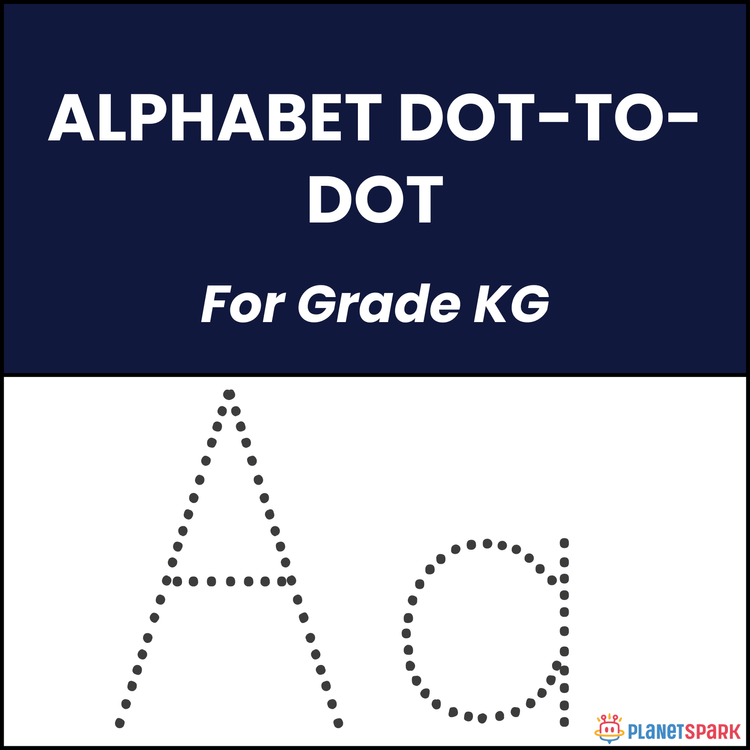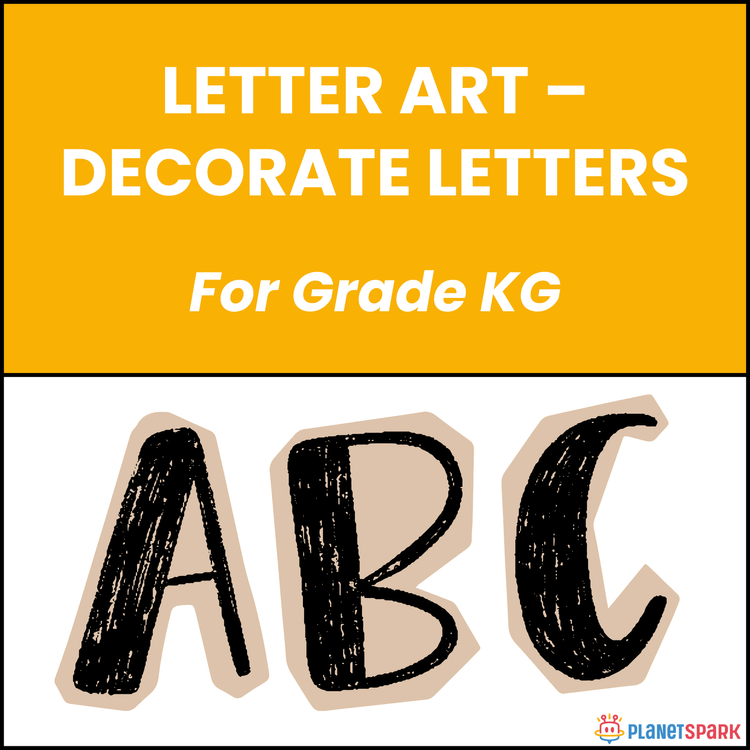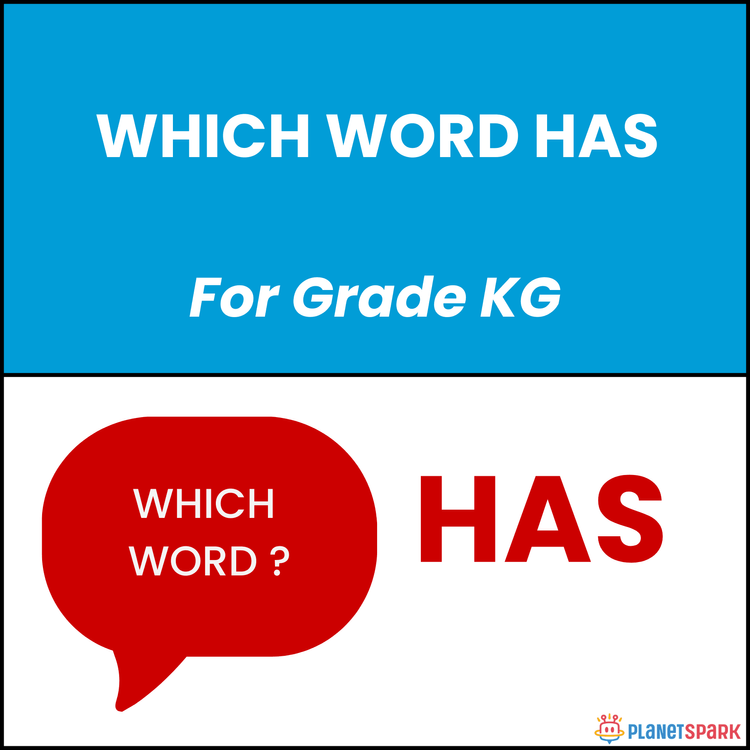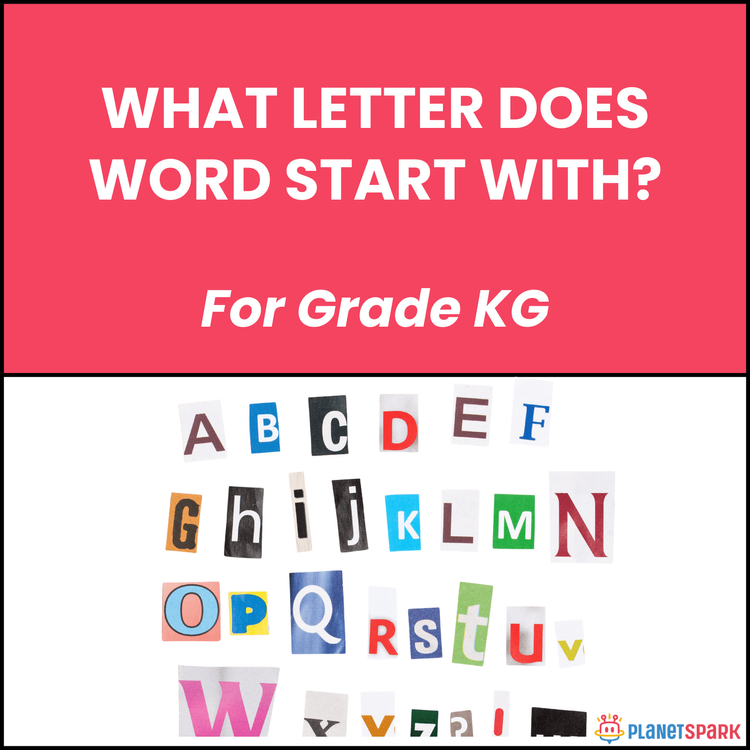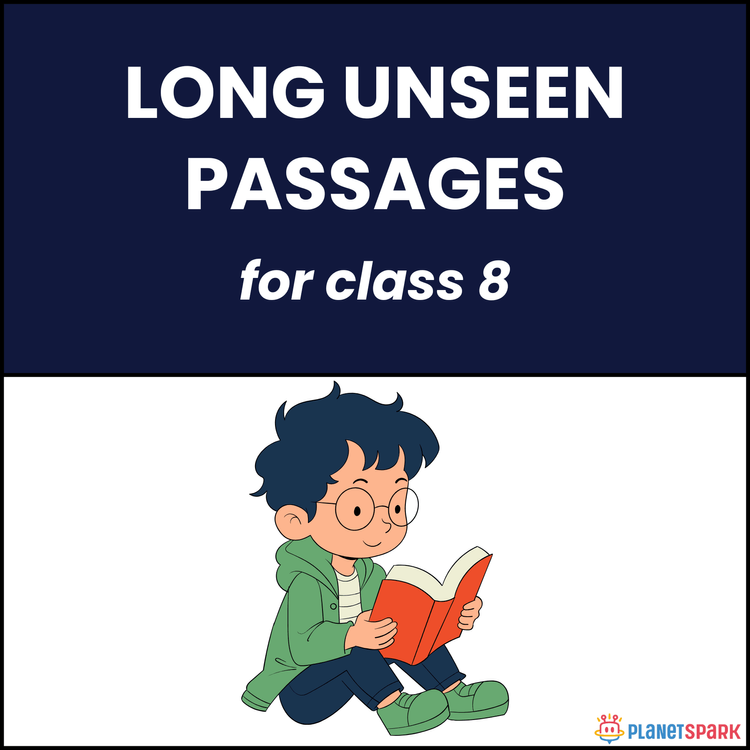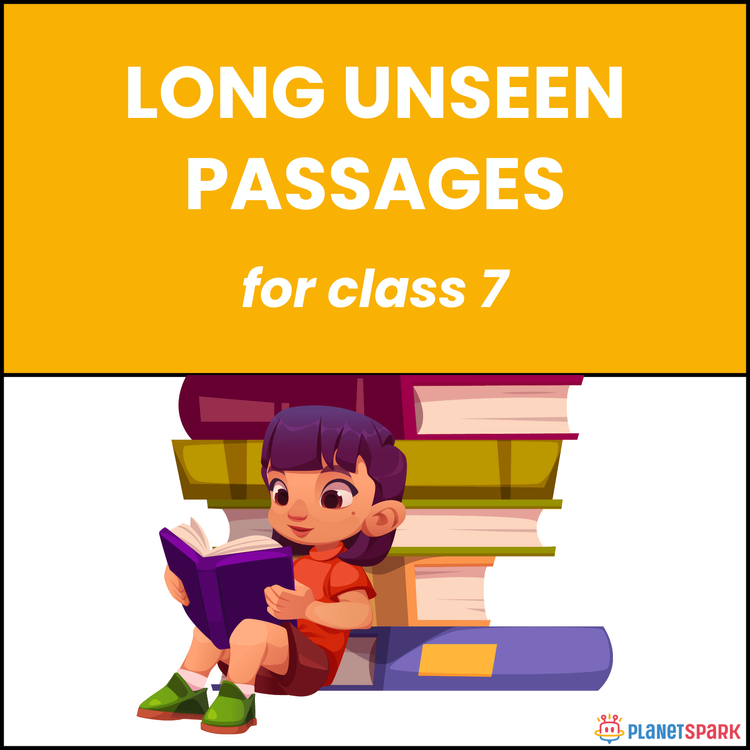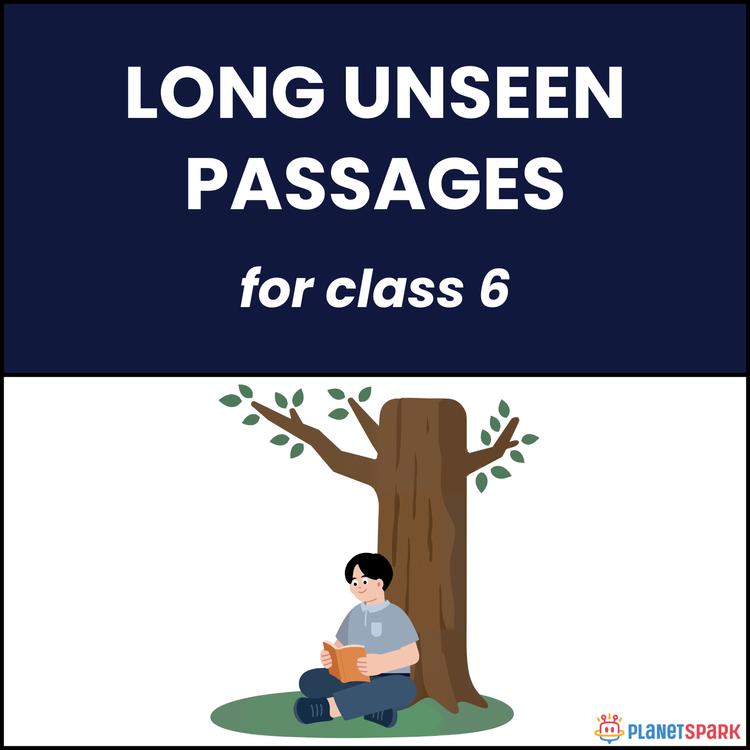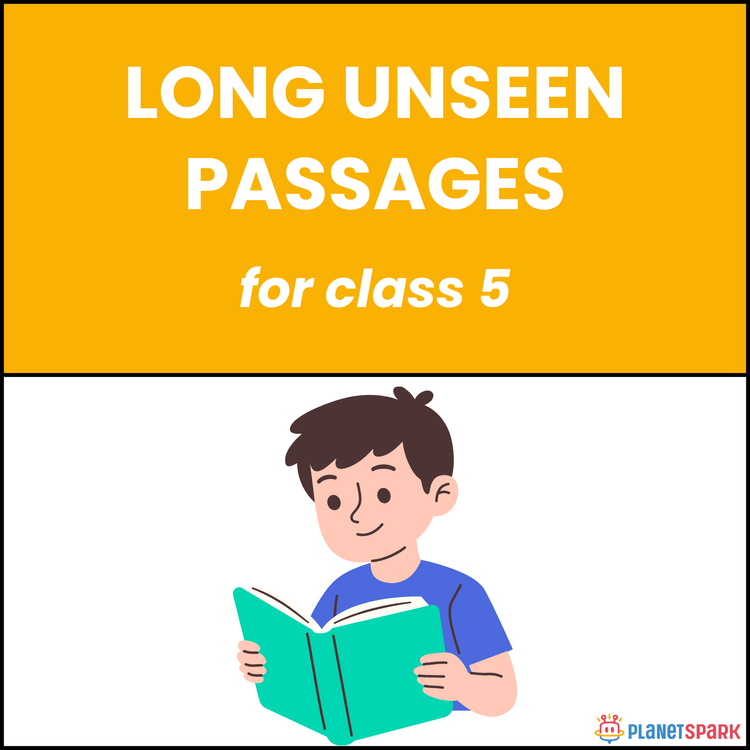KG English Worksheet on Human Body Parts
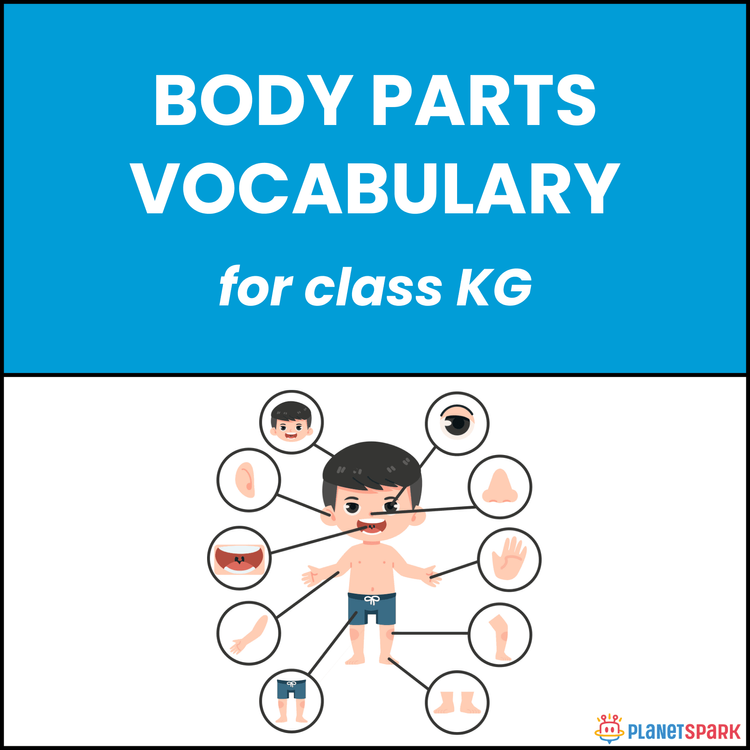

KG English Worksheet on Human Body Parts
My Amazing Body: Parts Vocabulary for KG
This Kindergarten worksheet introduces children to body parts through interactive, picture-based activities. With sorting, circling, matching, multiple choice, and rewriting tasks, learners build essential vocabulary while connecting words to everyday experiences. The colorful and relatable visuals make learning fun and memorable.
Why Body Parts Vocabulary Matters in Early Learning?
This worksheet helps children:
1. Recognize key body parts like eyes, nose, mouth, hands, legs, and hair.
2. Strengthen early grammar through descriptive and action-linked sentences.
3. Develop observation and listening skills by matching words with pictures.
4. Build confidence in expressing simple ideas about themselves.
What’s Inside This Worksheet?
This worksheet includes five activity formats:
Exercise 1 – Sort the Words
Students sort words into “Body Parts” (ear, foot, nose, teeth) and “Not Body Parts” (chair, book, ball, pen).
Exercise 2 – Circle the Pictures
Children circle the correct picture for actions like “Touch your nose,” “Show me your hand,” “Point to your leg,” and “Show me your eyes”.
Exercise 3 – Match the Following
Students match picture descriptions such as *I see with my eyes* and *I eat with my mouth* to the correct body part images.
Exercise 4 – Multiple Choice Questions
Children choose the correct body part word to complete sentences like *I hear with my ___ (ears)*, *I clap with my ___ (hands)*, *I smell with my ___ (nose)*.
Exercise 5 – Sentence Rewriting
Students rewrite incorrect sentences like *I see with my nose* into correct ones like *I see with my eyes*.
✅ Answer Key (For Parents & Educators)
Exercise 1 – Sorting
Body Parts: ear, foot, toe, teeth, knee, neck, nose, mouth, leg
Not Body Parts: chair, box, book, ball, pen
Exercise 2 – Correct Pictures
1. Nose – child touching nose
2. Hand – girl showing hand
3. Leg – boy pointing to leg
4. Ear – boy touching ear
5. Eyes – picture of eyes
Exercise 3 – Matching
Eyes → I see with my eyes
Ears → I hear with my ears
Legs → I walk with my legs
Mouth → I eat with my mouth
Nose → I smell with my nose
Hands → I clap with my hands
Foot → I kick with my foot
Head → I think with my head
Teeth → I brush my teeth
Hair → I comb my hair
Exercise 4 – MCQs
1. eyes
2. ears
3. legs
4. mouth
5. nose
6. hands
7. foot
8. teeth
9. hair
10. hand
Exercise 5 – Corrected Sentences
1. I see with my eyes.
2. I hear with my ears.
3. I walk with my legs.
4. I eat with my mouth.
5. I smell with my nose.
6. I clap with my hands.
7. I kick with my foot.
8. I brush my teeth.
9. I comb my hair.
10. I wave my hand.
Give your child a fun start in grammar with body parts vocabulary — helping them name, describe, and use everyday words confidently!
Frequently Asked Questions
Using songs and pointing games helps children match English words to their own body parts.
Basic parts like head, eyes, nose, hands, and legs are easiest for early learners.
They build everyday vocabulary that children use in daily routines and conversations.
